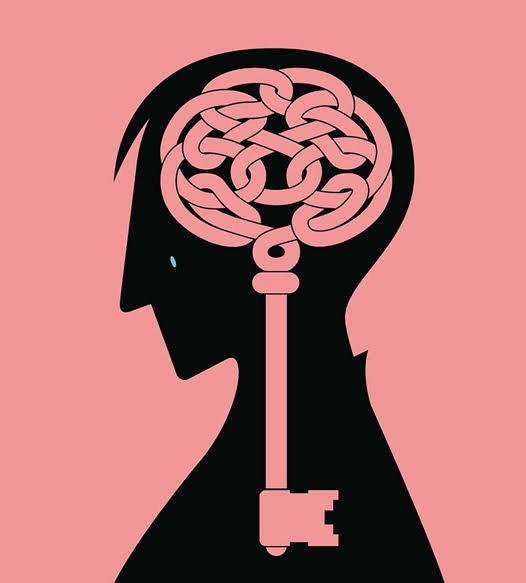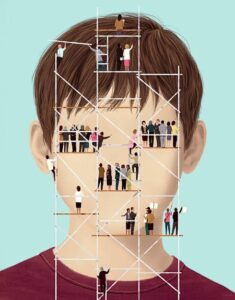
Autism. What comes to your mind when you hear this word?
Be it a general awareness of mental illnesses, misinterpretation in pop culture, or usage in daily vernacular (not for the right reasons obviously), it is a word thrown around frequently.
For me, I think of my cousin. He was diagnosed with autism at a very young age and suffers from it to date.
Let’s back up a bit. Autism spectrum disorder (ASD) is a developmental disability that can cause significant social, communication, and behavioral challenges. Because autism is a spectrum disorder, each person with autism has a distinct set of strengths and challenges. How people with autism learn, think, and problem-solve can range from barely-skilled to severely challenged.
As a result of the lack of knowledge and options, the prognosis of the disease is extremely poor and treatment minimal.

Adding to the stigma and social challenges, people find it particularly funny to use the word ‘autistic’ in a derogatory sense. No, we’re not talking about a stand-up routine where ‘anything goes’ but people you see in everyday life who are desensitized and ‘ironic’, using it to crack a joke.
One could say it’s a cheap, unnecessary trick to get more laughs, but hey, it’s all with good intentions right?
People have the freedom of speech to say anything, but when did it become okay to throw people differently-abled than us under the bus?
People living with autism are more likely to be bullied, more likely to commit self-harm, and thus more in need of your support and help.
Leave your problematic friend(s) out of the mix, what about the media’s handling of handicapped people?
Media portrays ASD (Autistic Spectrum disorder) poorly, sometimes glorifying it around tropes of autistic ‘savants’, or extremely scholarly individuals, perpetuating an unrealistic stereotype. People with savant-like abilities, in reality, are much less than 10% and hence do not represent even a major part of the spectrum. What is even worse, is the lack of understanding for women affected by autism, since whatever minimal focus was given to the disorder in the past, was mainly for men.
The combination of misinformation, trivializing their problems, and bullying creates a melting pot of difficulties, which only people (like you, dear reader) can solve.
I have seen with my own eyes the epileptic seizures, the simultaneous fits that happen daily, pain that I can’t comprehend, pain that can’t be expressed. I’ve seen the hopelessness in their parents’ eyes through the years, moving from city-to-city, state to state, for a cure but with no avail.
Who can return a carefree, happy childhood to his sibling who had to take on a caregiver’s responsibility at such a young age?
Helplessness is what I feel, no amount of money, no amount of medicine or doctors could make a difference. And apart from all this, the societal stigma stuck like chewing gum to shoes, making even an evening walk difficult. This is just the tip of the iceberg that I have witnessed, I will never truly know all the issues faced by his family and frankly, it’s disheartening to think about.
This played a part in me being interested in medicine at a young age because even if I can’t help my cousin, I have to help others like him.
I have to be there on the stage and ensure that people affected by debilitating conditions get the treatment they deserve.
Choosing a clinician’s path wasn’t some epiphany I got while sitting one fine evening on a terrace or some cinema-esque ‘calling’. This is my way of saying to my cousin that I’m there for him, that irrespective of the number of people that have given up, I’m still there, even if he isn’t aware of it.
I’ll share the Instagram posts, put out the hashtags, and churn out the regular age-old advice of being a ‘better human’. But I hope that one day, that there will be progress, be it medical breakthroughs in the treatment of ASD or the society’s understanding and inclusion of individuals like my cousin, even if it seems like a pipe dream to me now.
Till that day comes, I won’t stop trying to help others with their mental illnesses and be involved in spreading awareness.
Written by Robin Cherian for MTTN
Edited by Mihika Antonia Dean for MTTN
Featured Image by Aad Goudappel Illustrations
Artwork by Leo Espinosa
Leave a Reply
You must be logged in to post a comment.